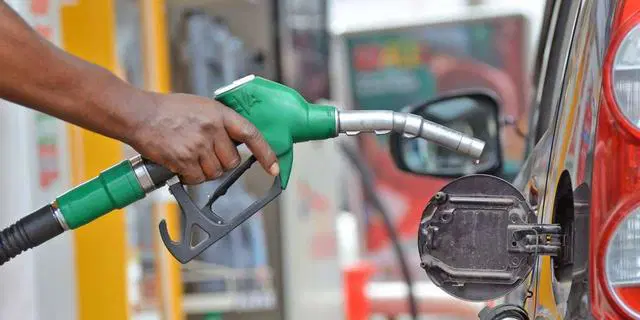As the battle to control market share in Nigeria’s downstream sector intensifies, no fewer than 70 tank farm owners have been compelled to cease operations in the past two years. These owners have abandoned their facilities as retailers and station owners increasingly avoid utilizing their services. These dormant tank farms, representing 65 percent of the total 120 approved facilities, now stand idle, with operators increasingly bypassing the storage facilities in favor of alternative trucking options.
The business closures were primarily driven by the removal of the fuel subsidy by President Bola Tinubu’s administration, which led to a significant 488 percent increase in petrol prices and severely affected the purchasing power of fuel marketers. Tank farms are areas used for the storage of oil and petrochemical products in large tanks, often installed in locations where marine tankers can discharge their products. From these facilities, petroleum products are distributed to end users or further storage facilities.
Before the elimination of subsidy payments on refined products on May 29, 2023, by the current administration, tank farms served as a major economic necessity, as the country depended solely on fuel imports to meet its daily petroleum demands. The need to consistently meet this obligation and ensure energy security enticed many marketers to build storage farms to store refined products and guard against price fluctuations.
In 2024, the National Bureau of Statistics showed that the cost of petrol imports rose by 105.3 percent to N15.42 trillion from the N7.51 trillion recorded in 2023. An analysis of functional tank farms using data from Petroleumprice.ng, which provides real-time petrol prices, revealed that out of over 120 storage facilities listed across Nigeria, only about 50 farms (45 percent) remain functional, while 70 farms (65 percent) are closed and don’t have a single liter in their storage.
Oil and gas expert Olatide Jeremiah affirmed that the functionality of tank farms across Nigeria has sharply declined, noting that this trend began after the removal of fuel subsidies and the full implementation of deregulation. “The decline in functionality of tank farms across Nigeria started on May 29, 2023, when the subsidy was removed and deregulation came into full effect; their capital base tripled, while profit dwindled,” he stated.
The situation was compounded in October 2024 when Dangote Refinery entered the mainstream market, plus the “naira for crude” policy, which gave Dangote Refinery an extraordinary competitive edge over oil importers and tank farm owners, leading to heavy bank debts. As a result, some tank farm owners have been forced to shut down their depots, while others have opted to lease or sell their facilities.
For a smoother and more conducive business environment, Jeremiah proposed a separation of functions in the downstream sector: “Dangote Refinery should only refine and sell through ships to tank farm owners, who in turn will distribute to retail outlets via trucks,” he suggested, emphasizing that this approach would create a balance in the sector.
Source: punchng.com
